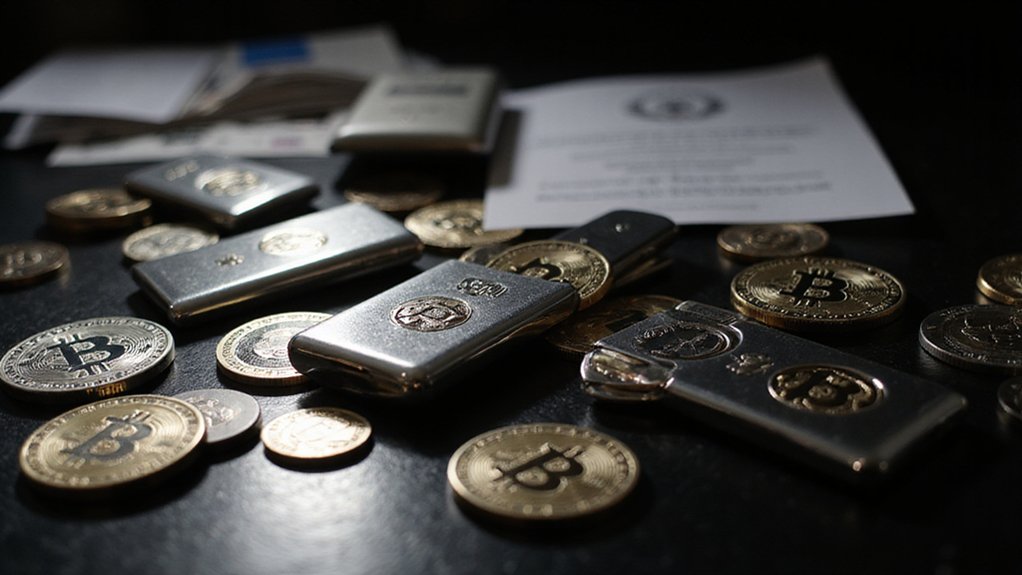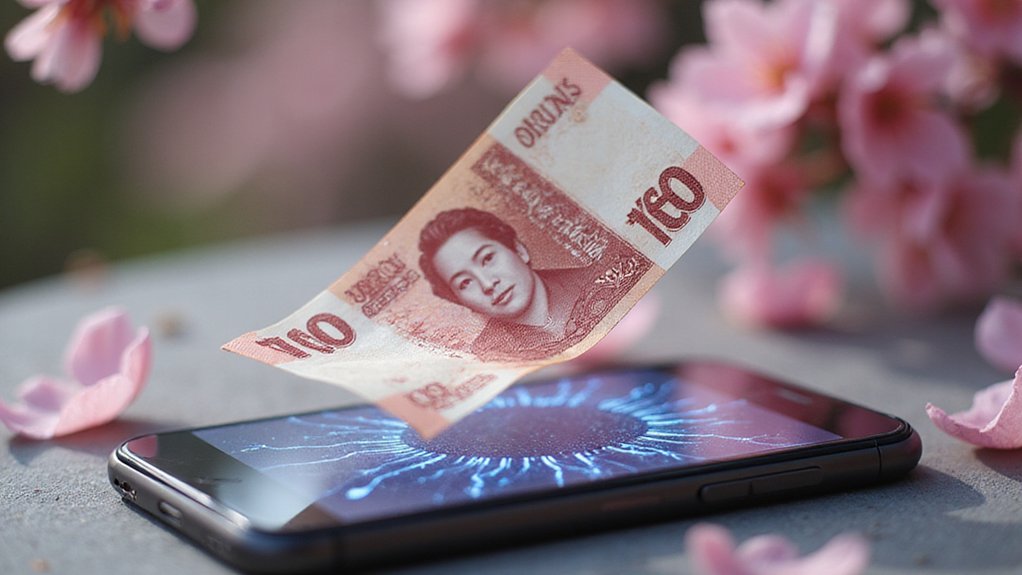While most encrypted messaging platforms spend years building trust through transparency and rigorous security audits, Elon Musk’s latest venture into digital privacy takes a decidedly different approach—one that manages to invoke Bitcoin’s credibility while simultaneously misunderstanding its fundamental cryptographic principles.
XChat, the new direct messaging feature rolled out to X’s paid subscribers, arrives with considerable fanfare about its “Bitcoin-style encryption”—a term that would make any cryptographer wince. The problem isn’t necessarily the technology itself (built on Rust, a respectable choice for memory-safe applications), but rather the curious marketing decision to appropriate Bitcoin’s reputation while demonstrating a fundamental misunderstanding of how Bitcoin actually works.
Bitcoin doesn’t employ standard encryption at all; it relies on elliptic curve cryptography for transaction integrity—a distinction that matters considerably when you’re staking your platform’s security credentials on the comparison. This isn’t mere pedantry; it suggests either a concerning lack of technical understanding or a deliberate attempt to capitalize on Bitcoin’s cachet without delivering equivalent security.
XChat’s “Bitcoin-style encryption” marketing reveals either fundamental technical misunderstanding or deliberate appropriation of Bitcoin’s credibility without equivalent security delivery.
The architecture raises additional concerns that extend beyond terminology. Users generate private-public key pairs upon entering chats, but those private keys end up stored on X’s servers after PIN entry—a design choice that fundamentally undermines the end-to-end encryption that defines secure messaging. Compare this to Signal or WhatsApp, where private keys never leave user devices, and the security implications become apparent. Unlike true decentralized solutions where users maintain control over their private keys as seen in Web3 wallets, XChat‘s approach centralizes this critical security component.
Tech experts and Bitcoin developers have responded with predictable skepticism, questioning both the encryption implementation and the absence of open-source code or independent audits. The four-digit passcode requirement adds nominal security, but hardly compensates for the underlying architectural vulnerabilities. XChat’s rollout comes at a particularly awkward time, given X’s recent service disruptions in late May that affected thousands of users globally due to a data center fire. A significant concern is that X can access messages via compulsory legal process, fundamentally compromising user privacy expectations.
Perhaps most troubling is the opacity surrounding XChat’s actual security mechanisms. Without transparent code or third-party verification, users must basically trust X’s assurances—a proposition that becomes increasingly dubious given the platform’s recent track record with content moderation and policy consistency.
The vanishing messages feature provides some privacy benefit, but doesn’t address the fundamental question: if your private keys reside on someone else’s servers, how private is your communication really? In cryptography, as in finance, trust requires verification—not clever marketing terminology.









